The Dungeons and Dragons community is one of the oldest gaming franchises in the world, helping players to connect with friends internationally. While Wizards of the Coast has become loved by many, it’s also not above making a misstep. For instance, the reaction to a recent Open Gaming License change was so strong that WotC eventually changed the language in the OGL, and Critical Role has some pointed words.
In a recent tweet from the official Critical Role account, the company points out that it “has always supported creators and game development in the tabletop space.” This is largely true, as Critical Role has been behind a number of projects inspired by Dungeons and Dragons, as well as other lesser-known DnD-inspired games.
They also acknowledge the risk of “creating a new system or developing an original idea,” which some in the replies seem to claim is a hint that Critical Role is developing its own game system. This may also be backed up by the fact they also point out it “launched [its] own gaming company a few years ago.”
The original OGL originally claimed that any content created using DnD assets would be owned by WotC and not the person or people who created it. It also included the right to earn royalties from companies that use DnD content, which would definitely apply to Critical Role’s many podcasts and videos. This was not received kindly by DnD fans who clashed with the company over the change.
Fans were upset because WotC’s Open Gaming License was essentially getting closed. WotC has been a company that had previously been somewhat laissez faire about how they handled others using their content, with many games including the classic Mimic chest that turned out to be a trap in games like Elden Ring, Dark Souls, and the upcoming Dark and Darker.
However, a blog that WotC posted roughly 10 hours ago detailed some changes to the original OGL as well as what the company intended. As it stands, educational content, live streams, cosplay, and similar content will not be affected by this change, only other TTRPGs. It’s unclear if this will impact Critical Role, which has evolved into a larger company from just a couple of friends in a one-off game.
However, WotC committed to getting rid of the royalty structure completely. There will also be no “license back provision,” which “was intended to protect us and our partners from creators who incorrectly allege that we steal their work simply because of coincidental similarities.”
It goes on to further reiterate why this is necessary, saying “[a]s we continue to invest in the game that we love and move forward with partnerships in film, television, and digital games, that risk is simply too great to ignore.” The developer is likely alluding to different TV shows and video games which allegedly draw from DnD‘s many creations.
One might think that this is because WotC was going to produce its own TV shows and DnD video games, but that seems unlikely given recent events. According to a Polygon article from eight days ago, at least five games were canceled by the company. Because of this, it’s hard to imagine what WotC might want other than royalties and payment for content.
Further in their tweet, Critical Role states that “[t]he beauty of gaming comes from the opportunity to share inclusive, diverse, and compelling stories from a wide spectrum of creators.” Those gaming elements would have likely come under threat if creators faced licensing or royalty issues because WotC implemented this new licensing change. They further reiterate this point by saying “we believe that broadening the field of creators boosts the entire industry.”
In the final paragraph, the TTRPG company says “[t]he success we have experienced is thanks to the passion and interest of the greater tabletop community and we commit to fostering an environment that allows everyone the opportunity to easily share the stories they wish to tell.” As stated above, this “commitment” is what many people are assuming means that the company may be working on their own TTRPG framework.
However, this may be disputed by the fact that some think Critical Role might have contracts with WotC, which is why its statement attempts to support fans while also not explicitly stating their meaning. Regardless, the controversy around WotC and the OGL is still developing, and more information will come out when WotC releases the official and final OGL.


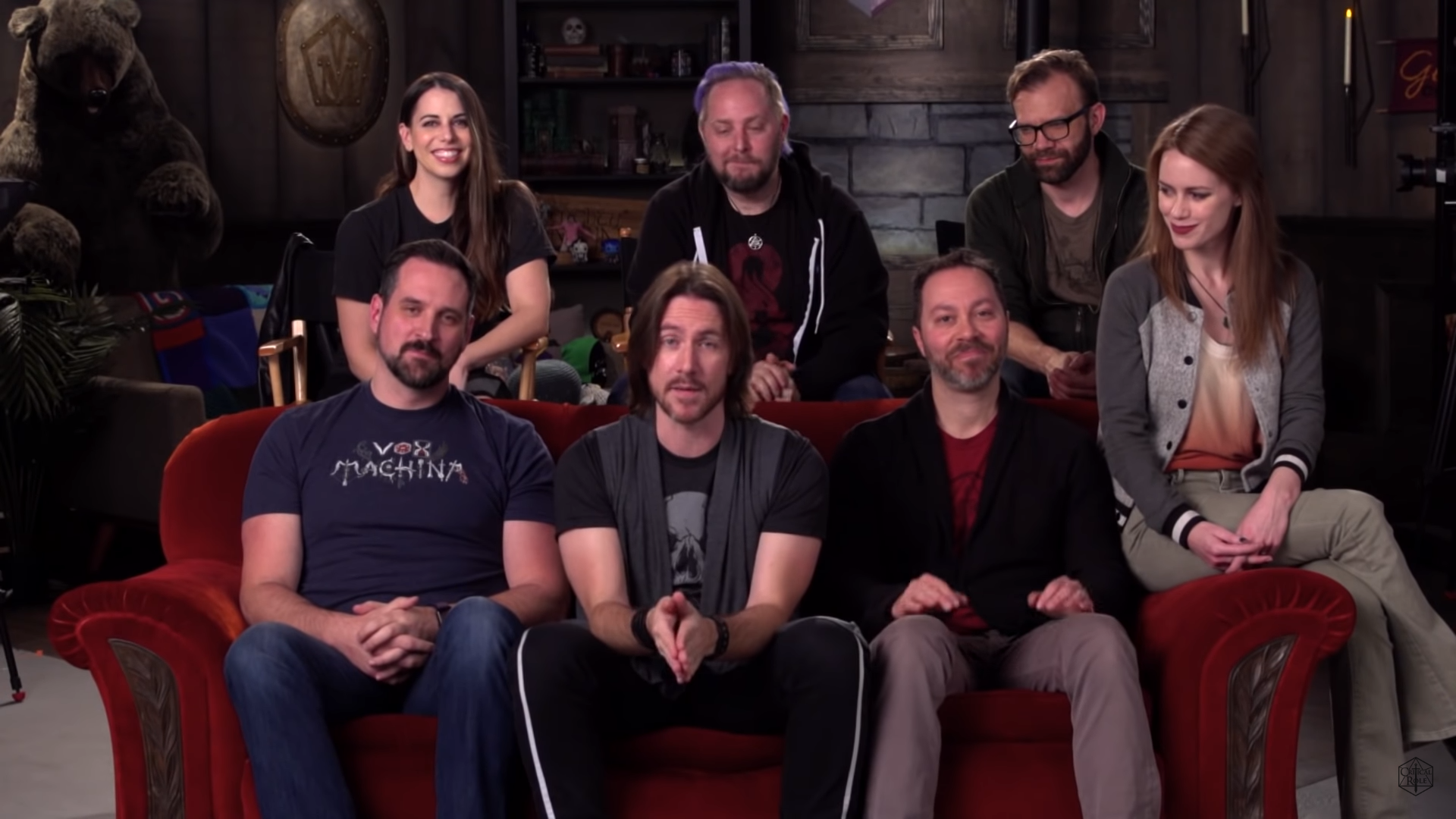
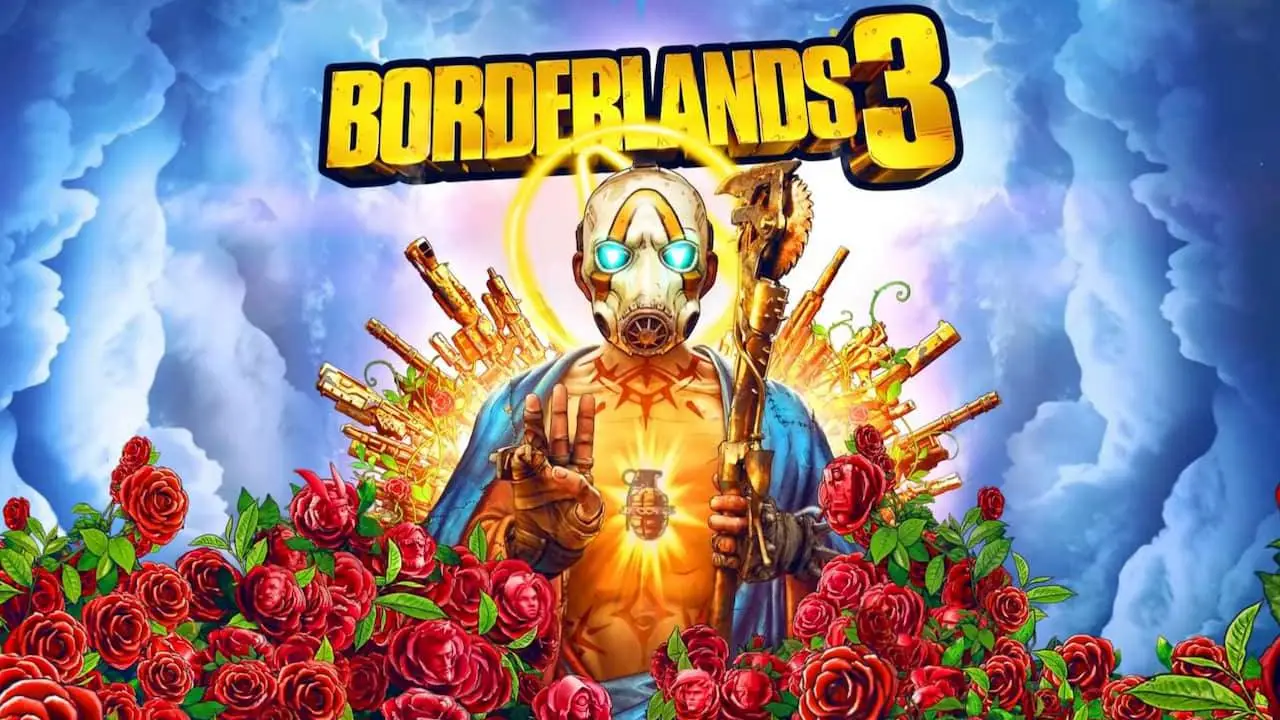
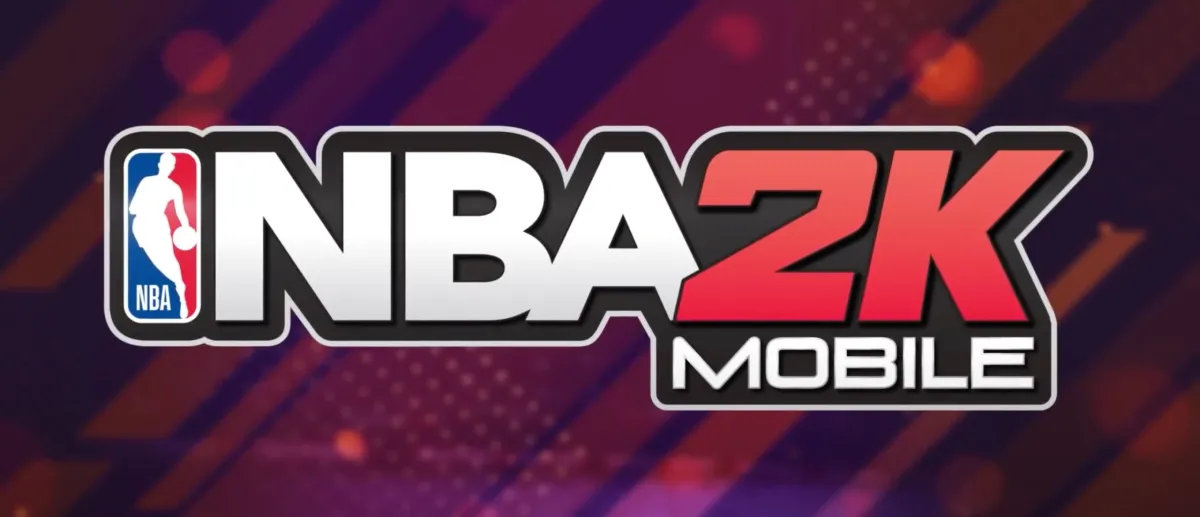
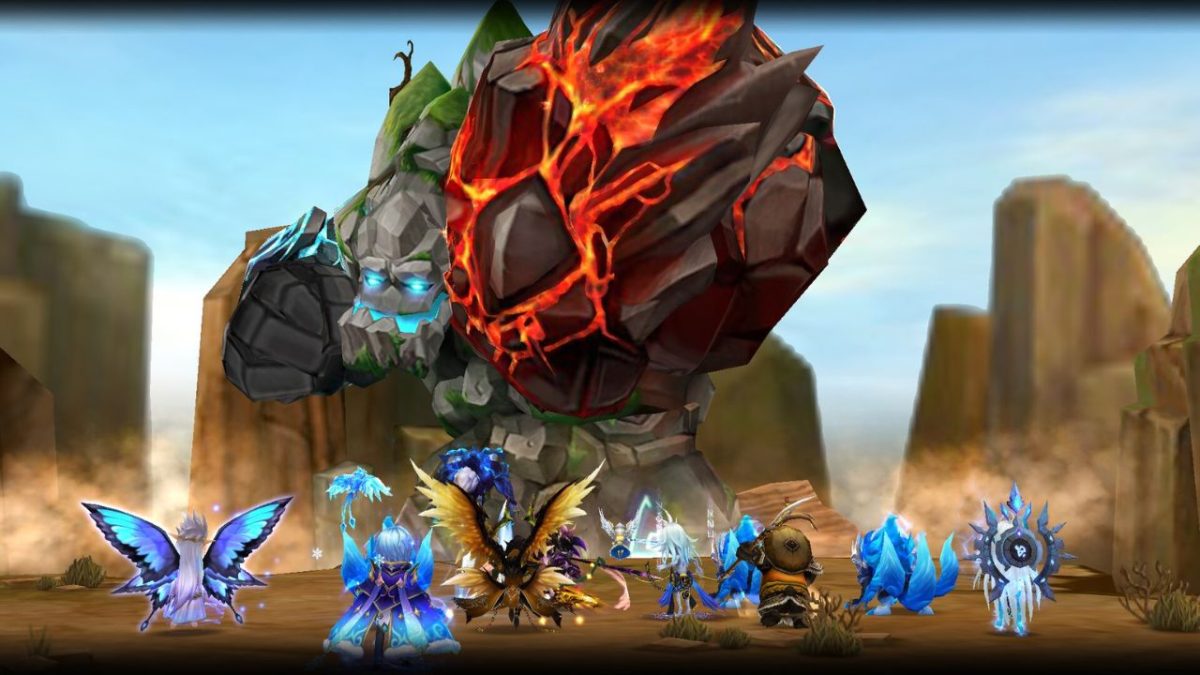
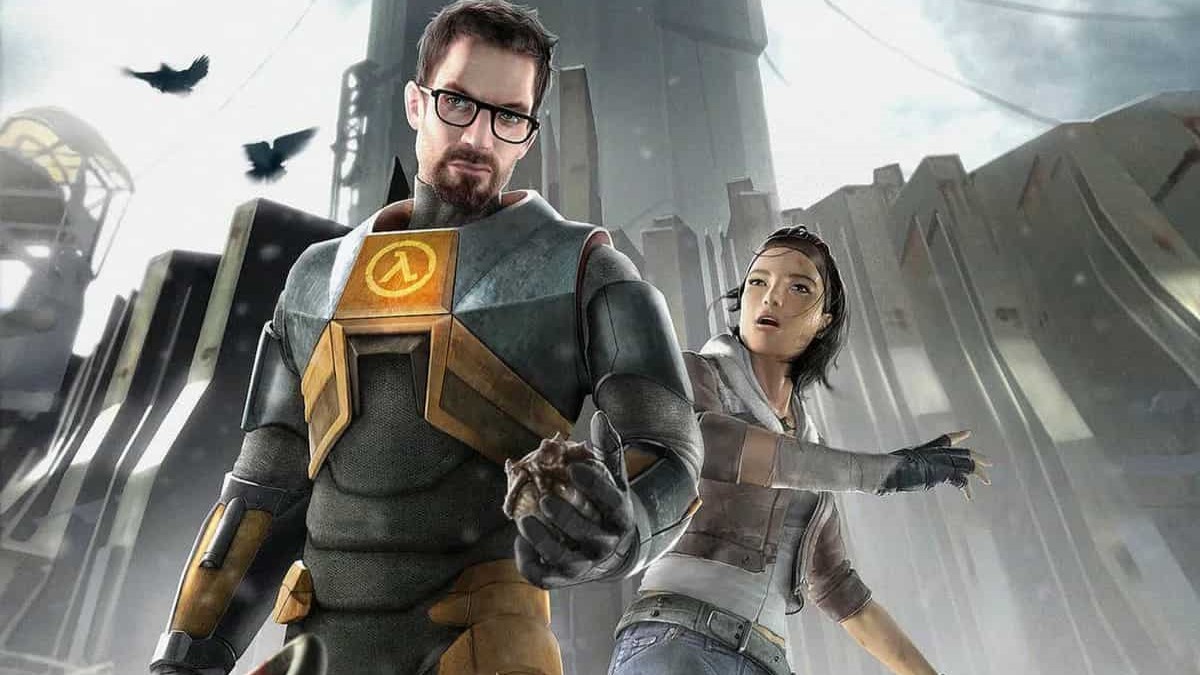
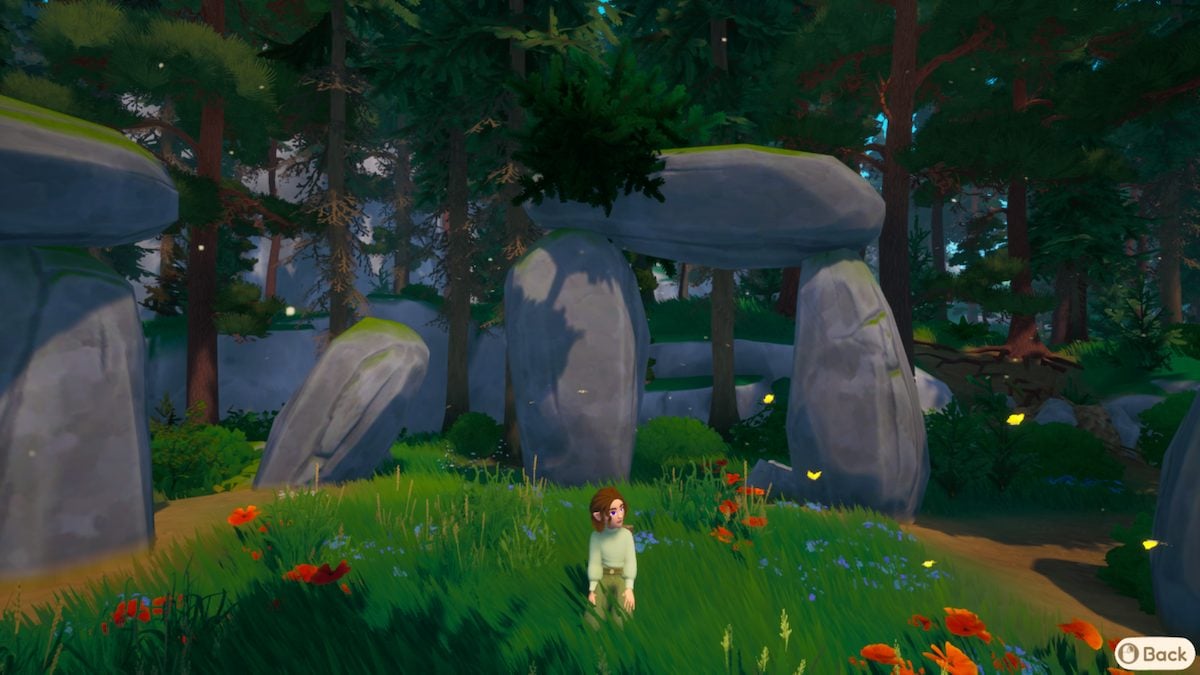
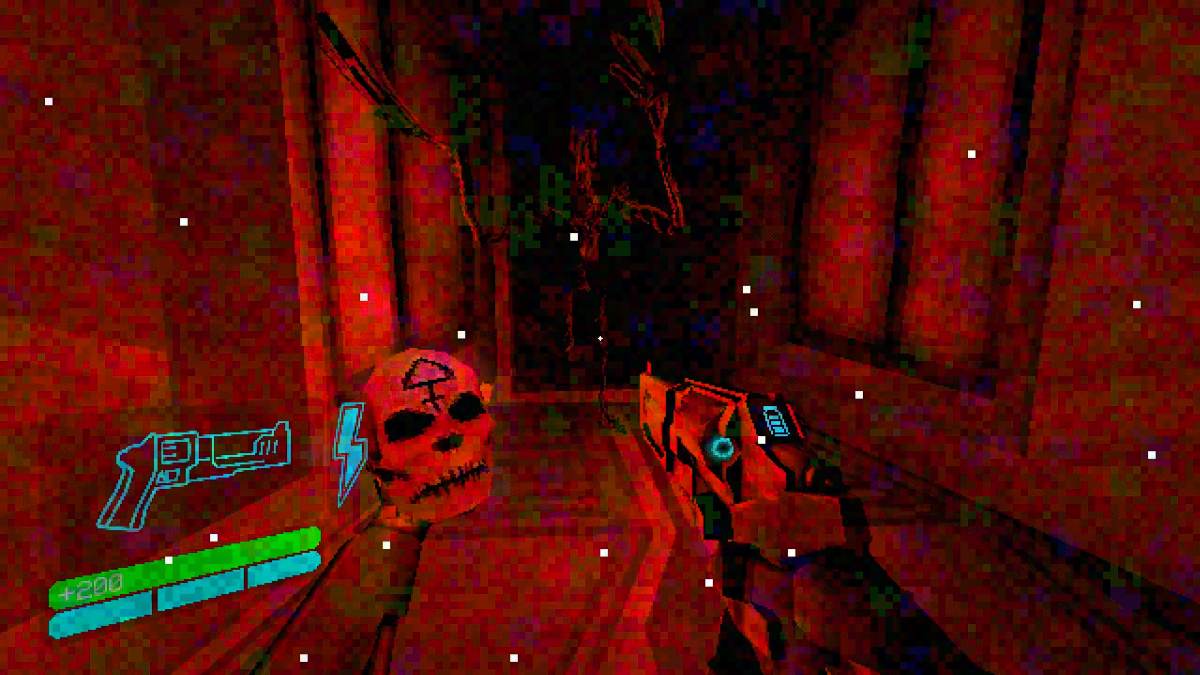
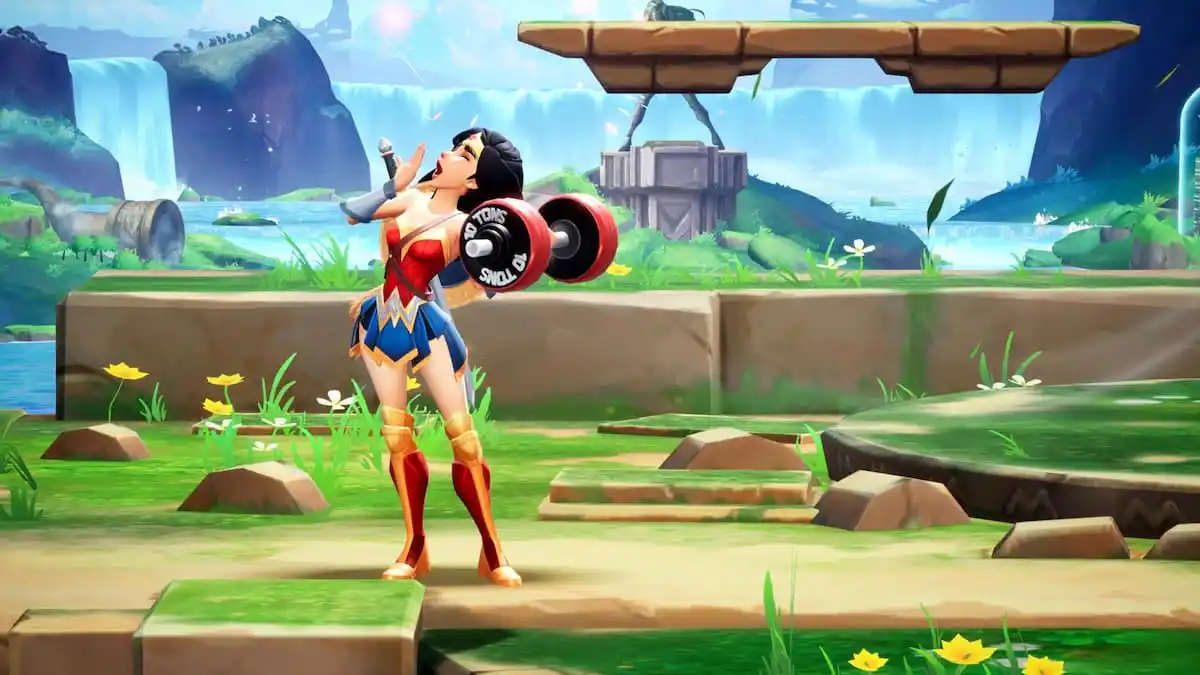
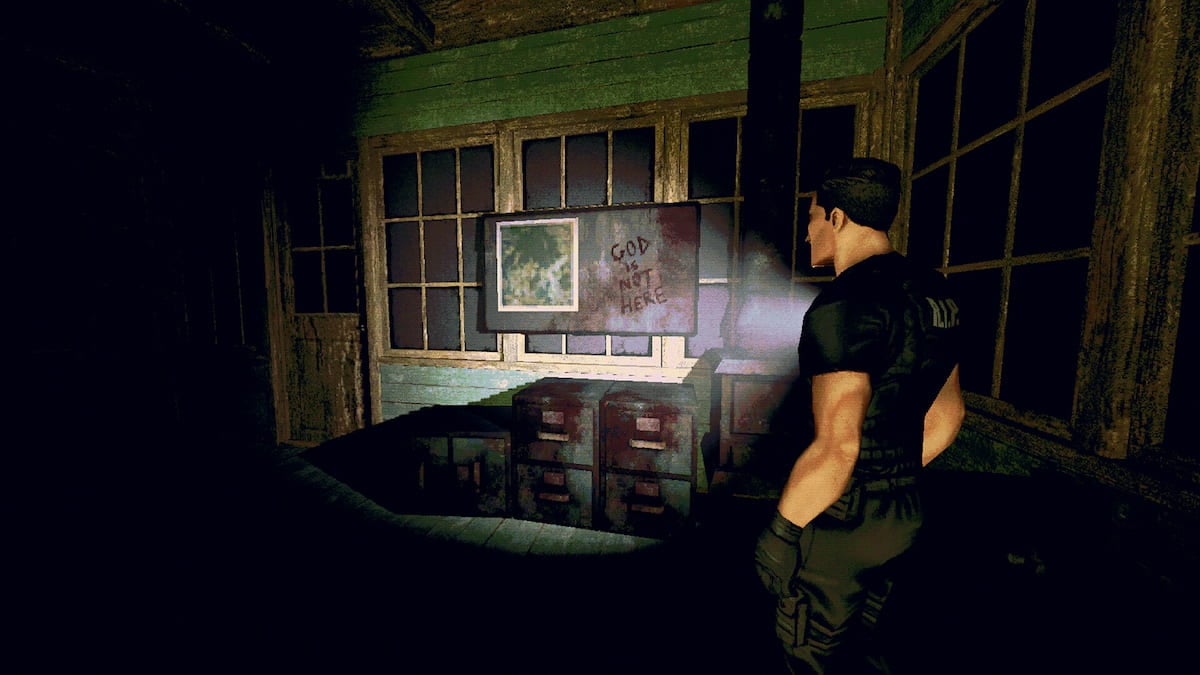
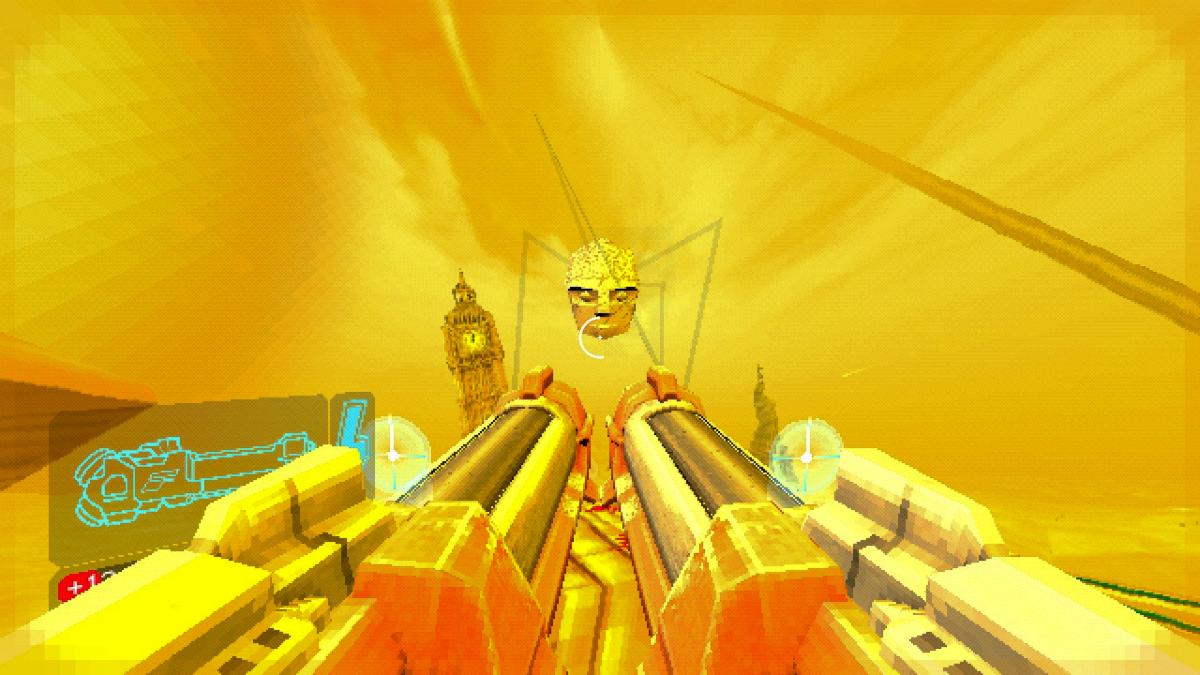
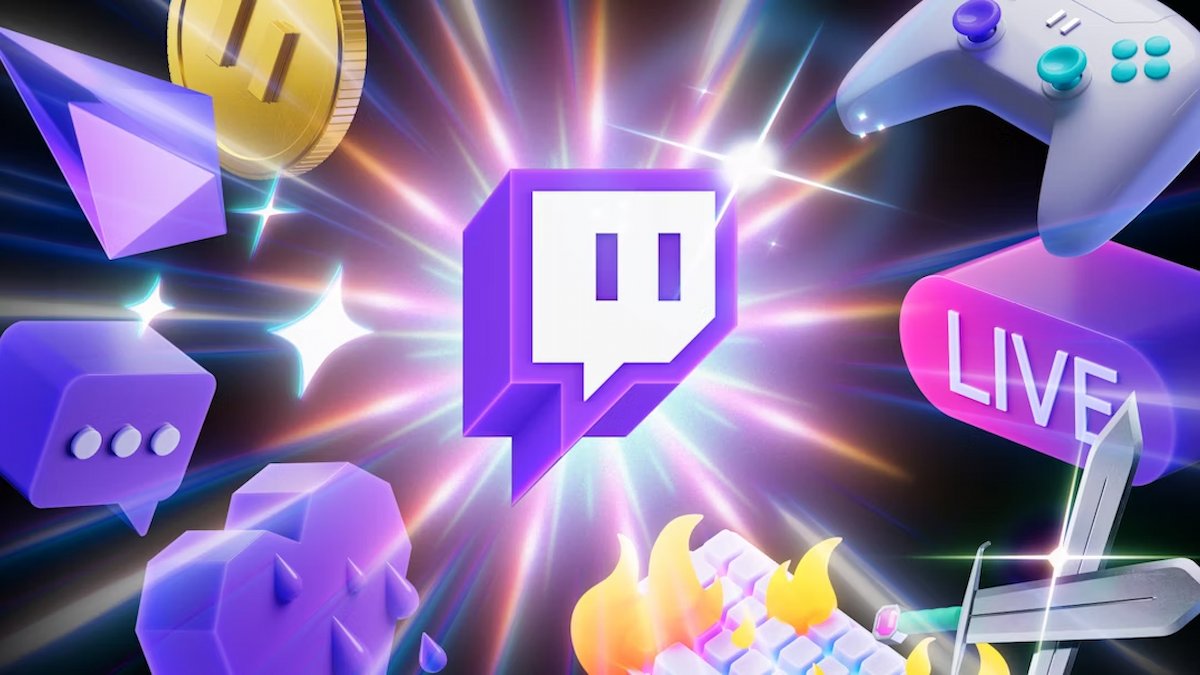

Published: Jan 14, 2023 3:33 AM UTC